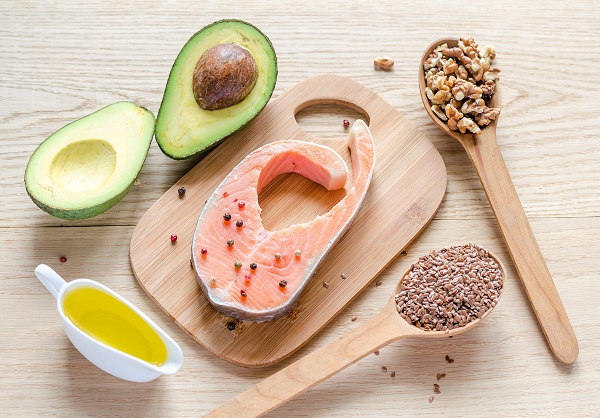One of my favorite authors, Mark Twain, once quipped, “Of all the things I’ve lost, I miss my mind the most!”
It's easy to chuckle at his humor—until we experience an embarrassing “senior moment” first hand and the truth of his statement rattles our reality.
Alzheimer’s, dementia and plain old memory loss have become major concerns—and rightly so. Alzheimer’s is now the sixth leading cause of death in America.
Although first diagnosed in 1906, Alzheimer’s was considered a very rare disease until the 1980s. Practically overnight, Alzheimer’s skyrocketed from 0.3 per 100,000 to 20 per 100,000.
Between 1980 and 2011, the number of Americans with Alzheimer’s disease doubled to an estimated 5.4 million.
With this sharp increase, we’ve come to assume that Alzheimer’s disease is a natural part of aging. But Alzheimer’s is an abnormal condition that is not inevitable as we age. Alzheimer’s, dementia and memory loss are preventable to a great extent and often even reversible.
Our Lifestyles Are Largely to Blame!
Our lifestyles are largely to blame for the steep rise in these diseases that so profoundly impact the brain. There’s no reason that our brains can’t continue to develop, produce new neurons and create new neural connections and pathways when we provide it with the right care and stimuli.
When the following habits are neglected, they actually contribute to loss of brain function.
1. Reduce stress. Our bodies produce the hormone cortisol when we’re under stress and cortisol damages the brain causing problems with memory, concentration and cognitive thought. Reducing stress requires deliberate action to slow down, laugh more, resolve interpersonal conflicts, and rest.

2. Eat nutritiously. Whole foods generally promote brain function. These include: fruits and vegetables rich in antioxidants, fish, poultry and other meats, whole grains, nuts, seeds, and dairy. By contrast, fast food and highly processed foods harm our brains!

3. Forget the no-fat, low fat diet! New science has revealed that our low-fat craze has unwittingly contributed to the rise in Alzheimer’s. A healthy brain consists of 60% fat and cholesterol. The brain needs healthy fats to function well. Saturated fats are not the culprits. Instead, avoid trans-fats and sugar.
4. Exercise regularly. Our sedentary lifestyle is hard on our brains! Regular physical activity stimulates the growth of new brain cells, oxygenates the blood, and reduces the risk for problems that lead to memory loss and Alzheimer’s.

5. Drink plenty of water. Most people do not drink enough water and live in a constant state of near dehydration. Water is essential for optimal brain function! Drink between a half ounce and an ounce for every pound you weigh.
6. Take vitamins B12, B6 and folate (B9). These three are the Brain vitamins. Deficiency in these vitamins will eventually impair memory and ultimately lead to dementia in some form.

7. Get plenty of sleep. Sleep is required for memory consolidation, the process of forming and storing new information for retrieval. Lack of sleep reduces the growth of new neurons in the brain, and leads to cognitive decline.
8. Use it or lose it! Keep your brain active. Learn new things. Turn off the TV and read. Work puzzles and play games. Engage in conversation with others.
There they are—8 ways you can boost your brain power. Which ones will you put into practice today?
Yours in Health,
Danette
P.S. Please share this with your friends and I always look forward to reading your comments below.

